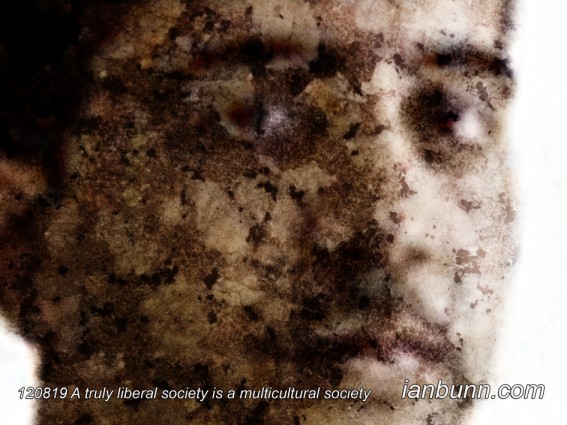 Children in Greece Are Going Hungry (May 18 2013)
Children in Greece Are Going Hungry (May 18 2013)
Liz Alderman the American Paris based writer on European economics, finance and business has published an article in the New York Times titled ‘More Children in Greece Are Going Hungry’ in which she states “The Greek economy is in free fall, having shrunk by 20 percent in the past five years. The unemployment rate is more than 27 percent, the highest in Europe, and 6 of 10 job seekers say they have not worked in more than a year. Those dry statistics are reshaping the lives of Greek families with children, more of whom are arriving at schools hungry or underfed, even malnourished, according to private groups and the government itself. Last year, an estimated 10 percent of Greek elementary and middle school students suffered from what public health professionals call “food insecurity,” meaning they faced hunger or the risk of it, said Dr. Athena Linos, a professor at the University of Athens Medical School who also heads a food assistance program at Prolepsis, a nongovernmental public health group that has studied the situation. “When it comes to food insecurity, Greece has now fallen to the level of some African countries,” she said. Unlike those in the United States, Greek schools do not offer subsidized cafeteria lunches. Students bring their own food or buy items from a canteen. The cost has become insurmountable for some families with little or no income. Their troubles have been compounded by new austerity measures demanded by Greece’s creditors, including higher electricity taxes and cuts in subsidies for large families. As a result, parents without work are seeing their savings and benefits rapidly disappear. …A 2012 Unicef report showed that among the poorest Greek households with children, more than 26 percent had an “economically weak diet.” The phenomenon has hit immigrants hardest but is spreading quickly among Greeks in urban areas where one or both parents are effectively permanently unemployed…”
Inspired by Liz Alderman, New York Times ow.ly/kuDf7 Image source Facebook ow.ly/kuDeq

